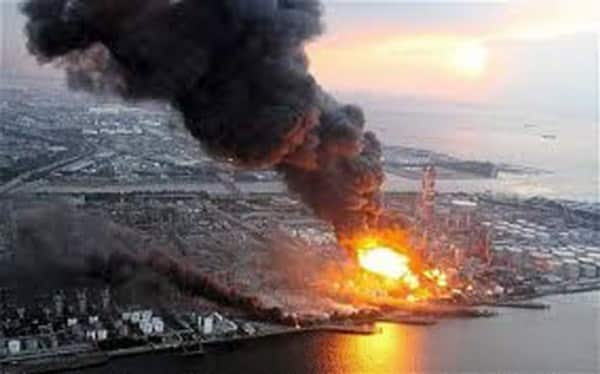In the wake of the the earthquake and tsunami in Japan back in 2011, the Fukushima nuclear plant ran into a number of issues which resulted in a huge nuclear disaster. International Atomic Energy Agency (IAEA) has revealed that it may take Japan more than 40 years to cleanup the nuclear plant and decommission it entirely.
The problem with the Fukushima nuclear plant is that when the earthquake and tsunami struck, they caused multiple malfunctions at the facility. As a result of this, the plant has run into issues which are so complex that even the nuclear experts are unable to provide an exact road-map as to when the facility may be fully clean again.
In the words of IAEA’s head, Juan Carlos Lentijo, “As for the duration of the decommissioning project, this is something that you can define in your plans. But in my view, it will be nearly impossible to ensure the time for decommissioning such a complex facility in less than 30 to 40 years as it is currently established in the road map.”
Currently, the facility itself and the regions around it are not accessible since they contain very high levels of radiations. So the Tokyo Electric Power Co. is currently working on developing such equipment which can operate normally in such circumstances. This equipment would then be used to locate the points of malfunction in the facility and resolve the issues.
Lentijo further stated, “It is expected in such a complex site, additional incidents will occur as it happened in the nuclear plants under normal operations. “It is important to have a very good capability to identify as promptly as possible failures and to establish compensatory measures.”
Courtesy: Japan Times
[ttjad keyword=”blackberry”]



